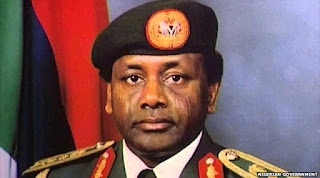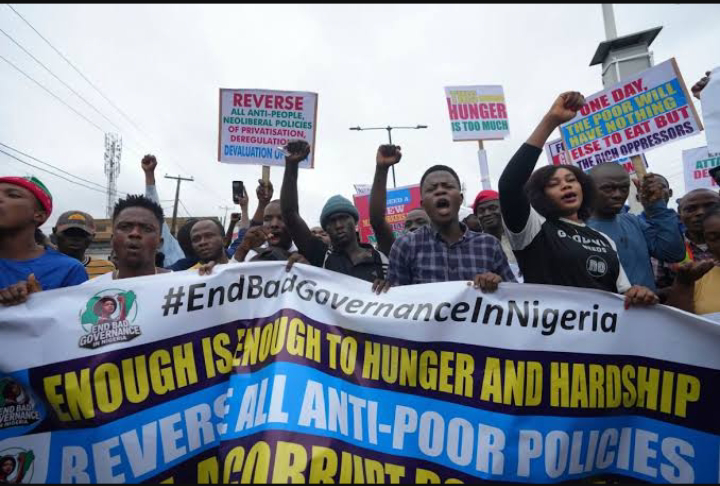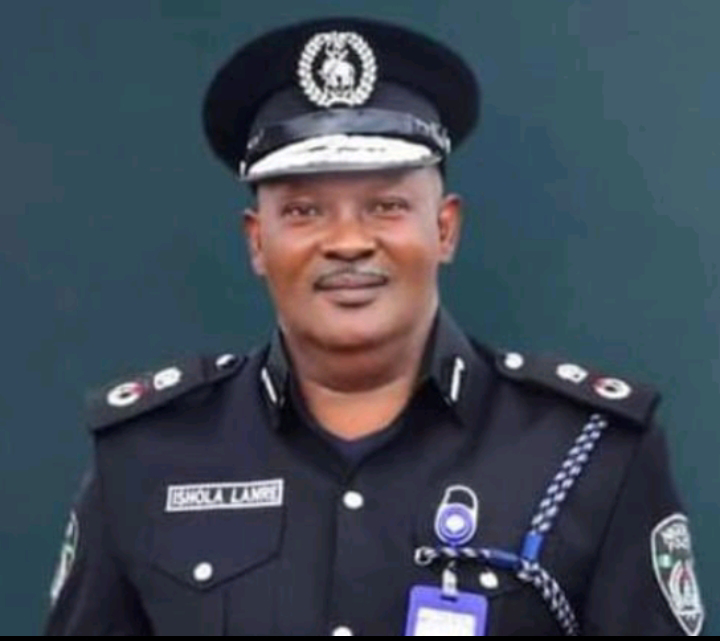The ECOMOG: Nigeria's Vital Role in Regional Peacekeeping
The Nigerian military has long held a distinguished reputation as a formidable force within the Economic Community of West African States Monitoring Group (ECOMOG), a military arm of the Economic Community of West African States (ECOWAS) established in 1990 for peacekeeping operations across West Africa.
Nigeria's pivotal role in ECOMOG's success cannot be overstated. From its inception, Nigerian soldiers have been the backbone of ECOMOG's operations, playing a significant part in the group's history of effective interventions. This influence stems from Nigeria's robust army and its unwavering commitment to resolving conflicts and maintaining peace within the region.
Notably, Nigeria's commitment is reflected in its substantial contributions of both troops and funding to ECOMOG. In the 1990s, Nigeria supplied approximately 80% of ECOMOG troops and an impressive 90% of its funding, further solidifying its position as a key player in West African peacekeeping efforts.
During the turmoil of Liberia's civil war, Nigeria demonstrated its leadership and determination by deploying troops to restore peace. The intervention was spurred by urgent humanitarian concerns, the potential spill-over of conflict into neighboring nations, and the influx of Liberian refugees into surrounding West African countries.
Nigeria's involvement also held personal dimensions, with General Ibrahim Babangida's close relationship with Liberian President Samuel Doe influencing the decision to intervene. Babangida's aspirations for Nigeria's leadership in the region, his desire to leave a lasting legacy, and the Nigerian army's drive to enhance its reputation all played a role in shaping this pivotal moment.
This commitment to regional stability extended beyond Liberia. Nigeria's swift response to the military coup that overthrew the civilian government in Sierra Leone showcased its dedication to fostering peace. Under the leadership of General Sani Abacha, Nigerian troops orchestrated a successful intervention that restored President Ahmed Tejan Kabbah to power, effectively quelling a rebellion and ending a civil war.
As President Olusegun Obasanjo assumed leadership, Nigeria continued its mediation efforts, albeit with a recalibrated focus. While Nigerian soldiers' participation in ECOMOG's peacekeeping endeavors was scaled back, their role shifted towards mediation in subsequent civil conflicts in Côte d'Ivoire and Guinea-Bissau.
In the annals of West African peacekeeping, Nigeria's indomitable presence within the ECOMOG stands as a testament to its unwavering commitment to regional stability, humanitarian values, and collaborative efforts to maintain peace across borders.





Comments
Post a Comment